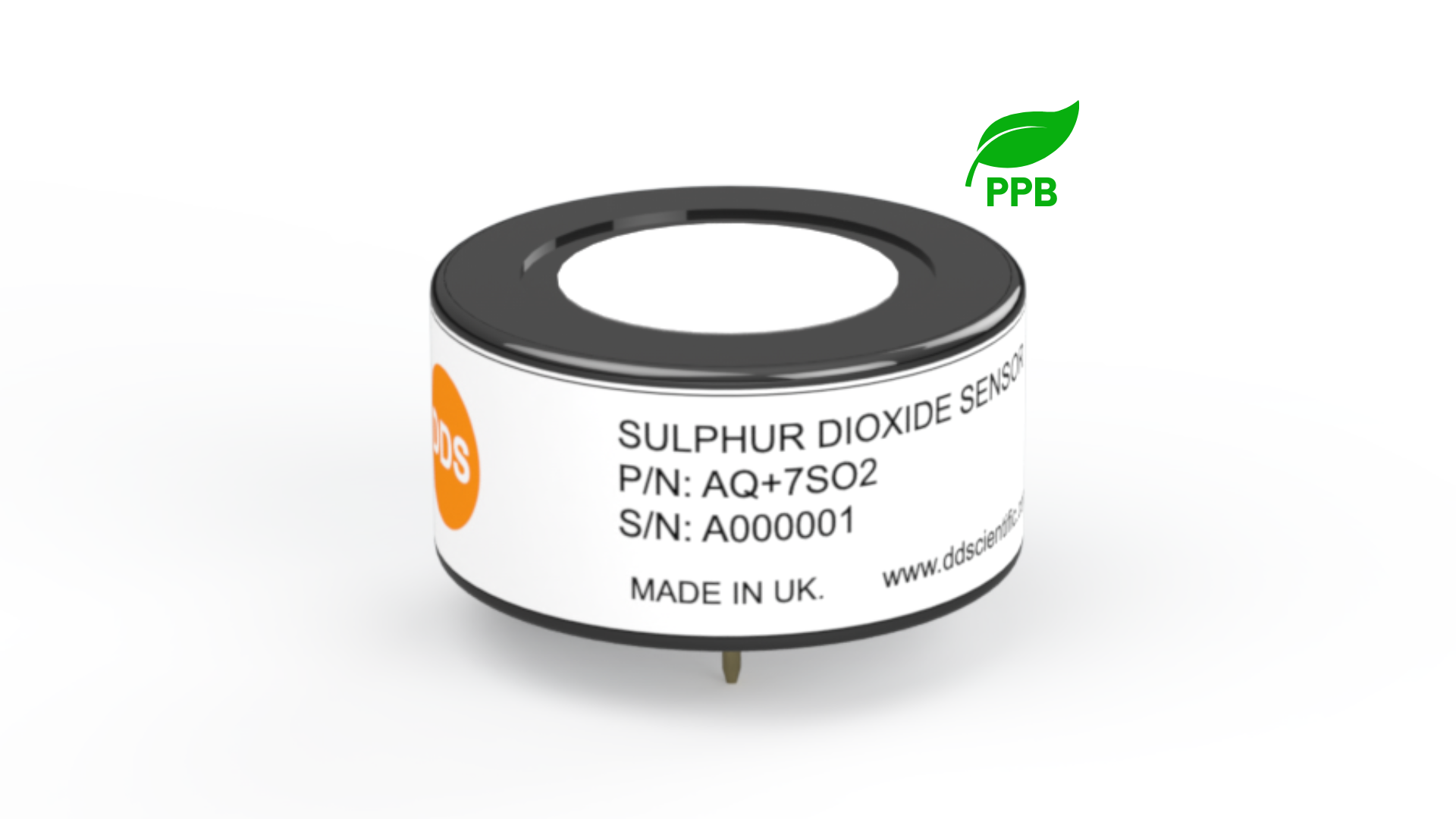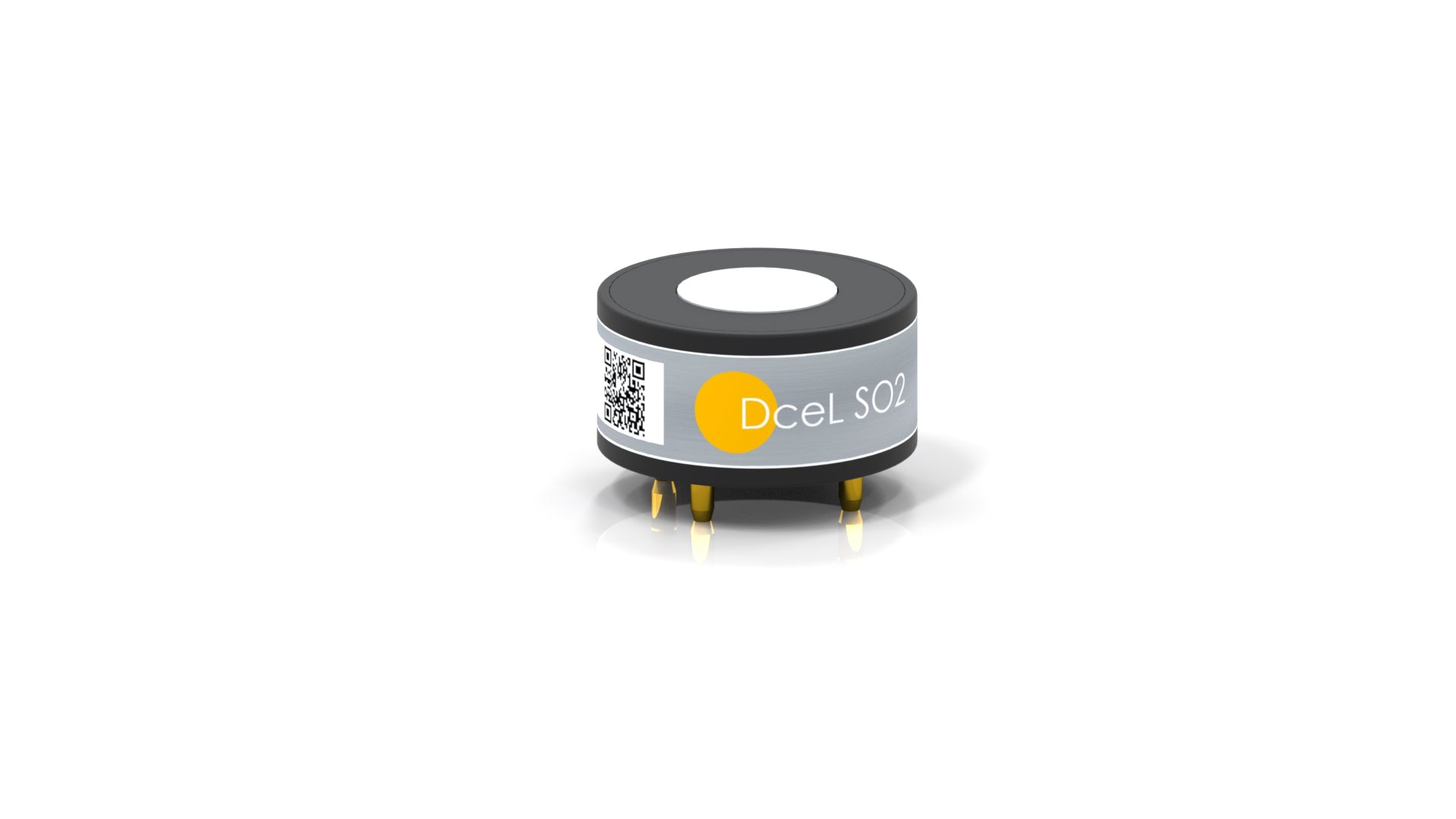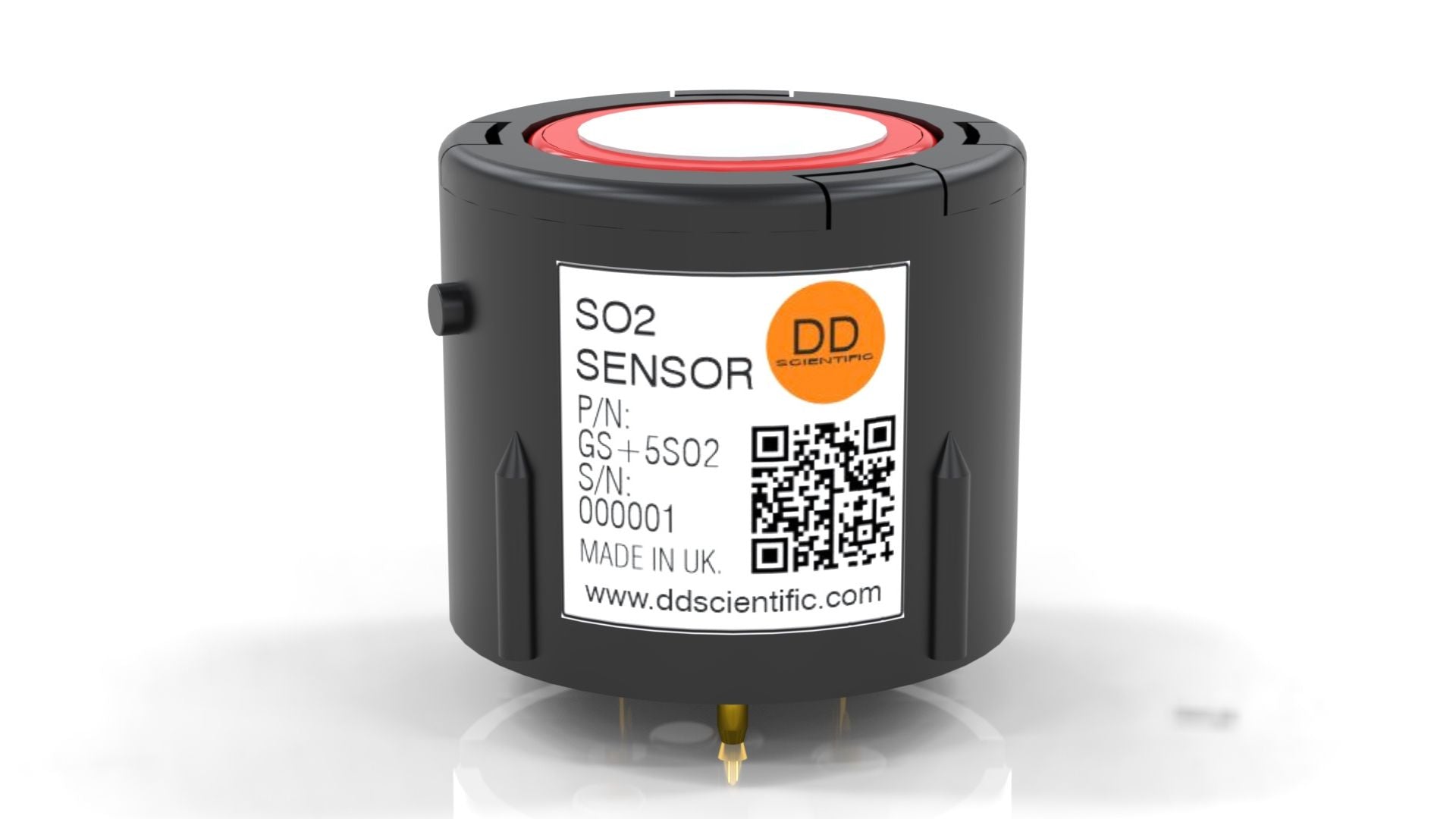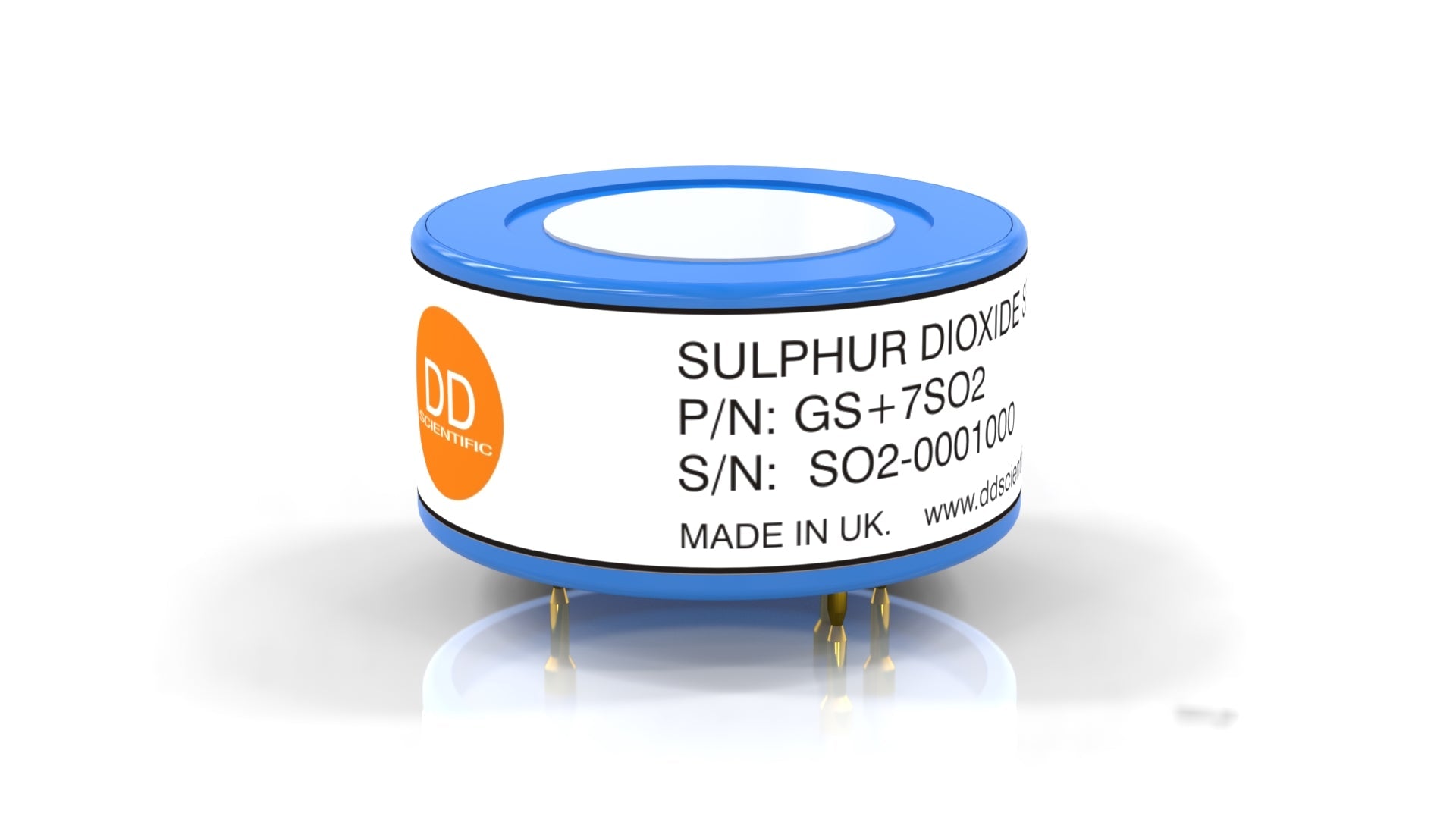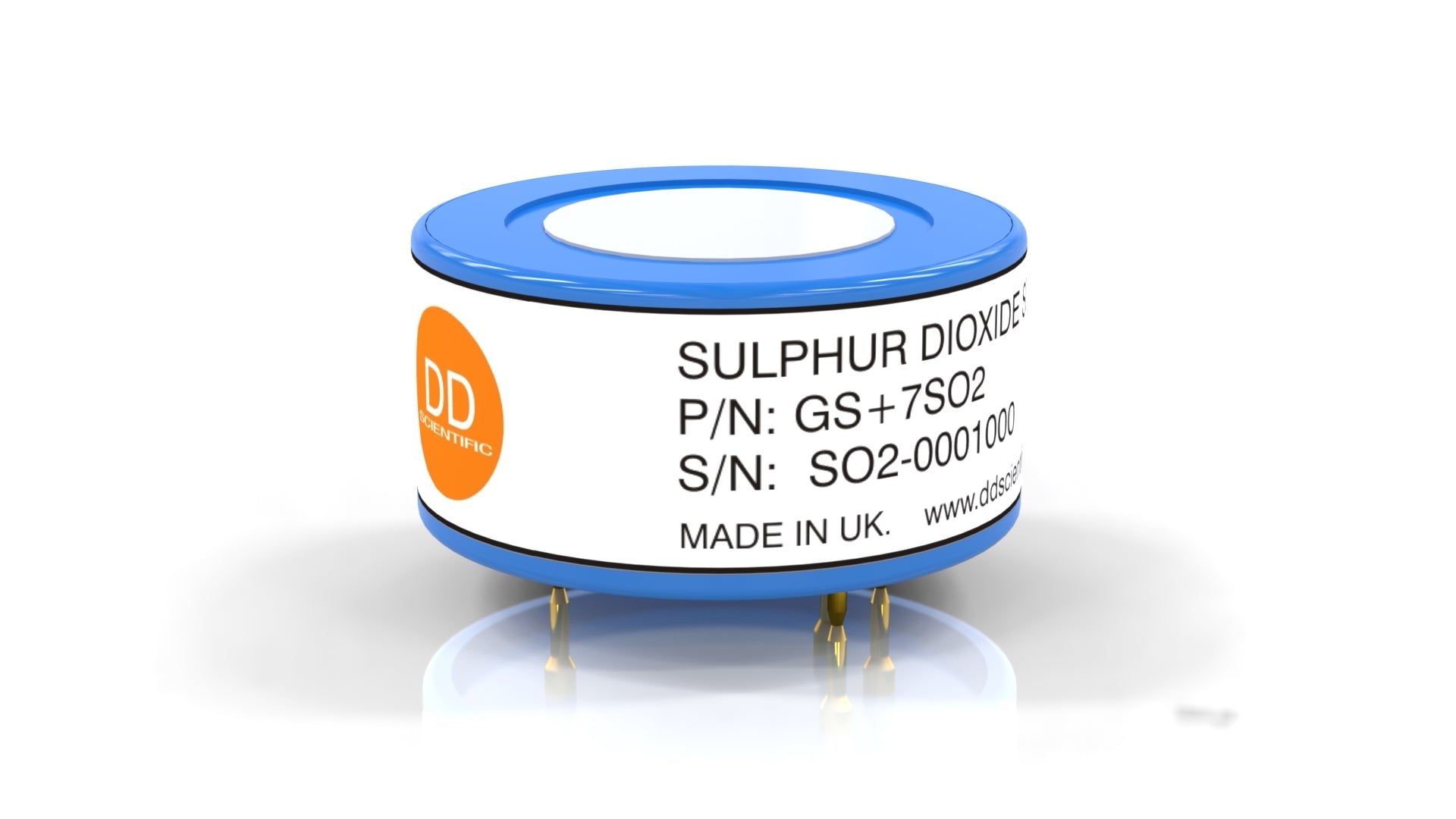What are the potential hazards of Sulphur Dioxide (SO2)?
Inhalation of SO2 can irritate the respiratory system, leading to symptoms such as coughing, wheezing, shortness of breath, and chest tightness. Individuals with pre-existing respiratory conditions such as asthma or chronic bronchitis are particularly susceptible to SO2-induced exacerbations.
SO2 emissions contribute to air pollution and can react with other compounds to form particulate matter and acid rain, which can harm ecosystems, damage vegetation, and degrade air quality. Acid rain can also corrode buildings, infrastructure, and cultural heritage sites.
Workers in industries such as power generation, metal smelting, and chemical manufacturing may be exposed to elevated levels of SO2, requiring appropriate respiratory protection and ventilation measures.
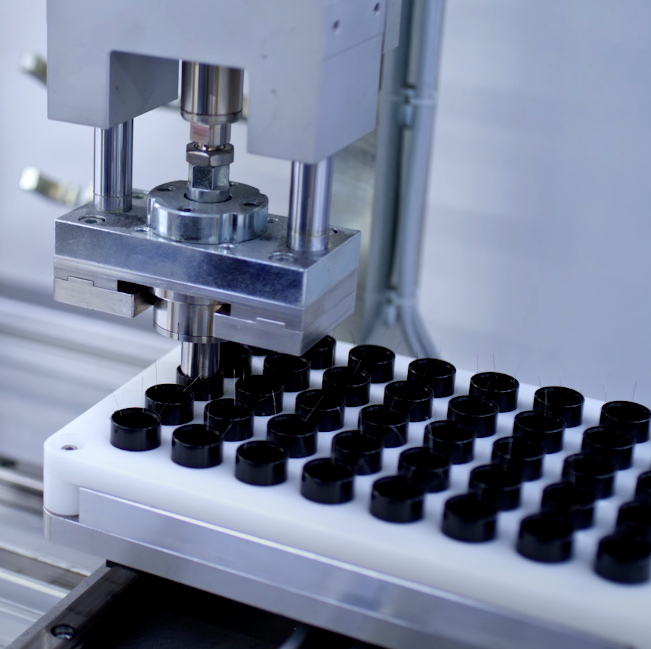
Mitigate risk with DD-Scientific
Understanding the hazards associated with SO2 is essential for implementing effective pollution control measures, protecting public health, and minimizing environmental degradation.
Mitigation of SO2 related risks relies upon fast, precise and reliable detection, features DDS sensors are guaranteed to deliver.
If you can't find the sensor type you are looking for or need help with sensor selection don't hesitate to get in touch.




